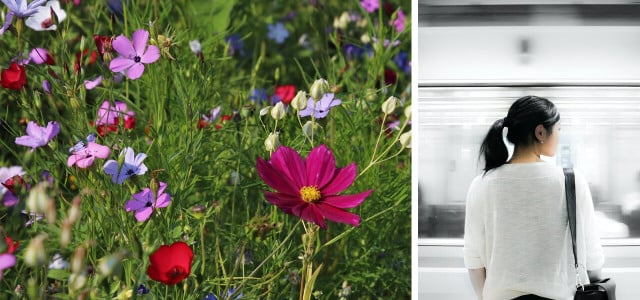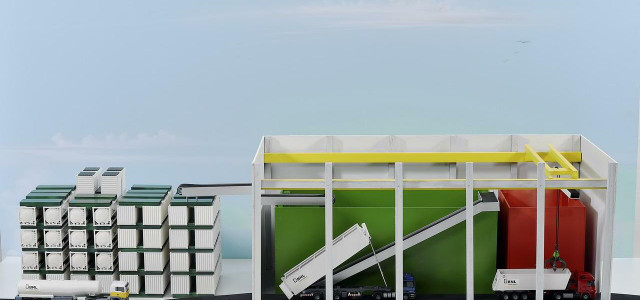Are you unconsciously suffering from plant blindness? Find out what it is, why it matters, and how you can begin to see plants from a whole new perspective.
Plant blindness refers to our human inability — or choice — not to notice plants in our day-to-day lives. It is also sometimes called plant awareness disparity. The term was first discussed in 1999 by two American botanists, Elizabeth Schussler and James Wandersee, who also highlighted the impacts plant blindness can have. The phenomenon has been studied since the term was first coined and is now accepted as a very real societal problem in the west.
Not everyone will have heard the term plant blindness — or understand it. That’s because as humans, we aren’t always aware of the overall effects of our interactions with the environment. The reality is that many people are completely unaware they are suffering from plant blindness. Let’s find out more about it and see if you might be blind to your own plant blindness.
Plant Blindness
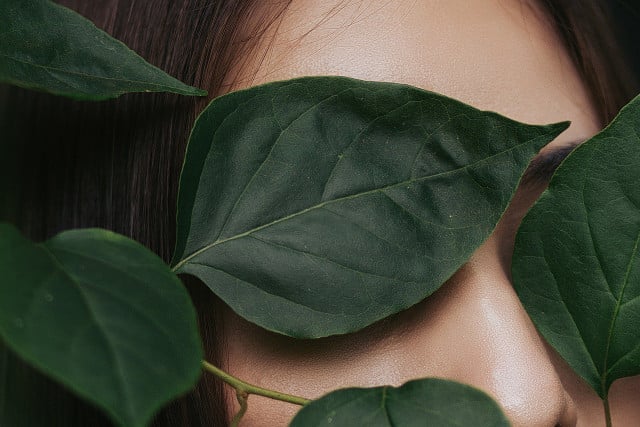
Plant blindness goes beyond our inability to notice plant life around us. It also encompasses our failure to recognize the vital role plants play on Earth and how they are the foundation of our very existence. Humanity’s lack of respect and consideration for — and sense of superiority over — plants are also symptoms.
Superiority plays a major role in plant blindness. Our tendency to rank plants as inferior to animals is described as “misguided” by the Native Plant Society of the US and many other experts in the subject. Research has confirmed that plants are generally less interesting to humans than animals — and that we actually process how we see each of them differently in the brain.
Causes of Plant Blindness: Urban Society? Education? Simple Psychology?
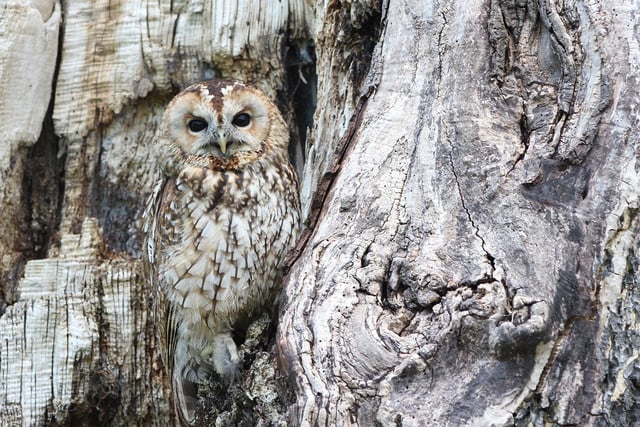


Some researchers suggest that plant blindness is not a natural or inevitable part of being human. Their findings — after a critical review of 326 articles published in academic journals between 1998 and 2020, mostly on biological education, ethnobiology and biological conservation — indicate that the phenomenon is due to the growing disconnection from nature we see in urban societies.
People living in high-income countries appeared to exhibit plant blindness due to a decline in their experiences with plants in several of the articles reviewed. Plant blindness was identified in all age groups and genders. Some evidence did show that girls had slightly more knowledge about plants than boys.
The good news is that the review did find some evidence of interest in and appreciation of plants in high-income countries — when there was access to biodiverse environments and positive experiences of and with plant life.
Other experts argue that various federal, social and educational biases are at play when it comes to plant blindness. Theories range from a decrease in plant education and its funding globally, to the hypothesis that because plants are biologically static and tend to blend into each other, they may simply go unnoticed when animals are present due to how we process them in our brains.
Impacts of Plant Blindness
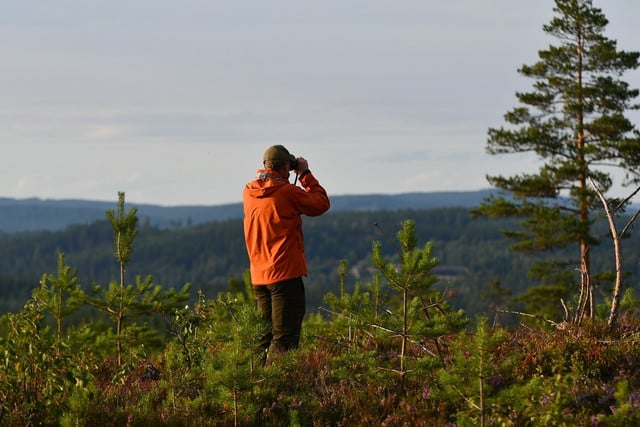


According to the Royal Botanic Gardens, our plant blindness is a major conservation concern. Other experts warn that plant blindness is actually a challenge to environmental harmony that could directly hinder our achievement of the vast majority of the UN sustainable development goals. The statistics suggest they might be right.
There are now 944 endangered or threatened plant species in the US. See, for example, our list of ten endangered tree species. At least 65 documented extinctions have taken place in the US and Canada since colonization and some argue that this figure underestimates the real number of plant species that have actually been lost.
Other than plant blindness, major threats to plant diversity (can also thereby also be a threat to biodiversity overall) include:
- habitat loss
- fragmentation and degradation (like edge effects that happen through ongoing urbanization)
- overexploitation
- invasive species
- pollution (like plastic pollution or thermal pollution)
- climate change
There are abundant ‘eat the plants’ campaigns — like veganuary. You may also have heard about campaigns to save the rainforest because of its vital role in environmental harmony and health. But have you heard of any other campaigns to save the plants?
The answer is likely no, because plant conservation has not received the same the sense of urgency or funding that the conservation of animals has — despite plants being arguably more vital to our existence and planetary health than animals.
Why We Need Plants So Badly
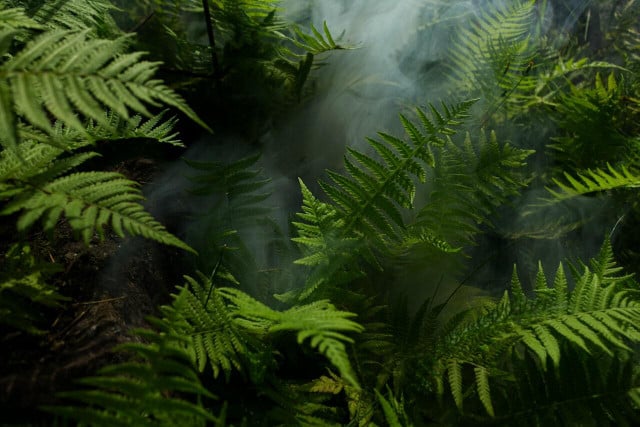


86 percent of all living biomass can be found on land. Plants constitute 82.4 percent of this terrestrial biomass and play a massive role in every aspect of every terrestrial ecosystem. Only higher plants and a few microorganisms can convert light from the sun into energy in a process called photosynthesis. This process contributes to many of their valuable roles.
Learn more: What Is a Forest? Describing Our Most Important Ecosystems
Plants are also at the heart of most of the symbiotic relationships we see between life forms everywhere. How trees communicate through the fungi they feed is just one example. Some of the other major roles plants — and their symbiotic relationships — play on earth include:
- Plants and photosynthetic bacteria gave rise to the earth’s atmosphere.
- Photosynthetic plants are the source of the fossil fuels.
- They are important in regulating climate and the chemical and biological conditions of the soil and water.
- Plants provide the most readily available sources of renewable energy,
- regulate the carbon and nitrogen cycles of the biosphere,
- help to control erosion and water pollution,
- help to reduce air pollution, and
- plants support humans and other animals by providing shelter, oxygen and food.
Can We Unlearn Plant Blindness?
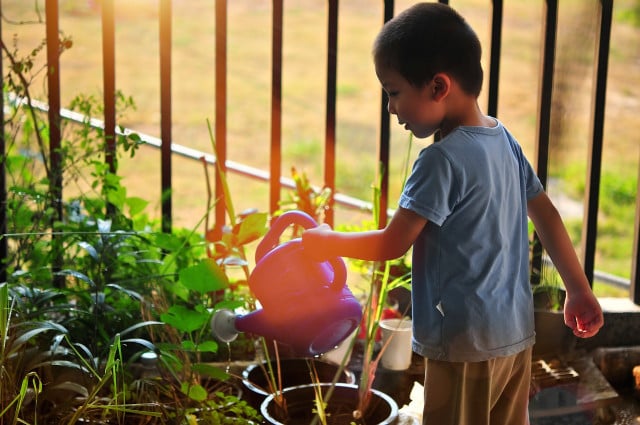


On the upside, several strategies have been identified to treat plant blindness and help us reconnect with the greenery around us. The educational system is cited as both a cause of — and solution to — plant blindness. Researchers believe that education and public engagement have the potential to reverse current trends of plant blindness and advocate for more inclusion of plant studies into curriculums.
Early educational experiences that give young children equal exposure to plants, microbes and animals are believed to be crucial in fighting plant blindness and influencing the next generation’s perceptions about plant life on Earth.
Anthropomorphism refers to assigning human qualities to nature — like we do for children in TV characters, in books and toys. Experiments have shown that making or reading anthropomorphic pictures and stories can help people to empathize and connect with nature.
Wild plant foraging has been suggested as a way of introducing people to multiple life forms and curing plant blindness — as well as introducing them to some of the health, cultural and recreational uses plants bring. Start with foraging mushrooms, for example (despite them being fungi — not plants), or get into collecting wild garlic, if available and legal in your area.
This collection of guides might give you some ideas on how to start preventing plant blindness in the little ones:
- Dyed Flowers: Natural Science Experiment for Kids
- 12 Cool Volunteer Opportunities for Kids (pick out the plant-related ones, like planting flowers or volunteering in a National Park)
- 10 Tips on How To Make Camping as a Family a Success
Really, you can make native plant life the topic of most crafting or exploring activities kids enjoy doing: use them as motives in potato printing, or draw them in big formats with sidewalk chalk.
Coming Out of the Dark
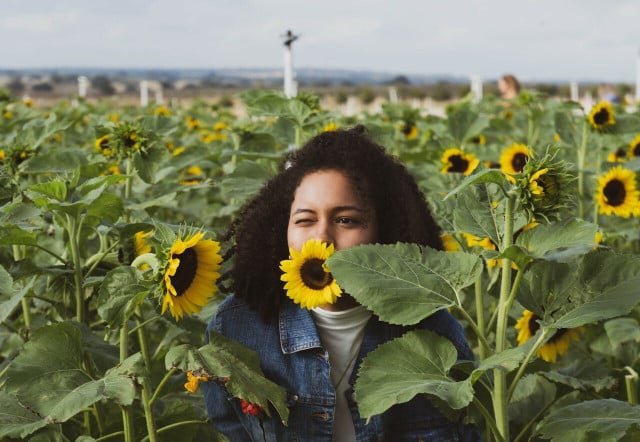


We already rely on plants to survive and flourish as a species. Some day, we might rely on plastic-eating mushrooms, sponge cities, or glow-in-the-dark trees to survive and to combat our current environmental challenges. Plants give and sustain life to animals on Earth. At a minimum, we should notice them — realistically, we should make the eradication of plant blindness a priority at national and international levels.
Curing plant blindness is one way we can save the planet and save ourselves. There are many simple things you can do to become more connected to and consciously aware of plants — and the magic they bring to our lives. All you have to do is notice them!
To truly connect with the planet and her inhabitants, begin with some grounding exercise. You’ll feel the benefits for yourself and it’s a great way to strengthen a relationship with nature.
Treat plant blindness and enjoy a holiday in one of the best national parks to visit this winter. Try some mindful walking while you are there and truly experience plants in the present moment.
Stay outside and enjoy some nature therapy: it’s a form of mindfulness-based stress reduction that will help cure your plant blindness and help to reduce stress and decelerate your life.
Even if you live in an urban area, check if there are any agrihoods or community growing projects in your area. If there isn’t — why not start a community garden yourself?
Bring plants into your home to connect with them and learn how to nurture them. Check out our articles on plants for your balcony, the best indoor plants for dark rooms, and the best plants to grow in jars for some sustainable and practical advice.
Learn about planting before growing plants if you are a novice. Find out how to keep houseplants alive for some ideas and new knowledge.
Finally, if you only start by noticing, appreciating, and sharing your knowledge of plants and their importance — you are helping to cure plant blindness.
Read more:
- What Does “Endangered” Mean? A Closer Look
- 6 Solutions to Deforestation and What You Can Do
- Terra Preta: What’s So Special About Amazonian Dark Earths?
Do you like this post?






